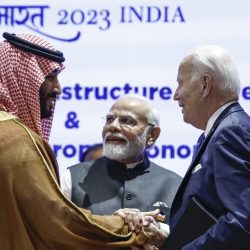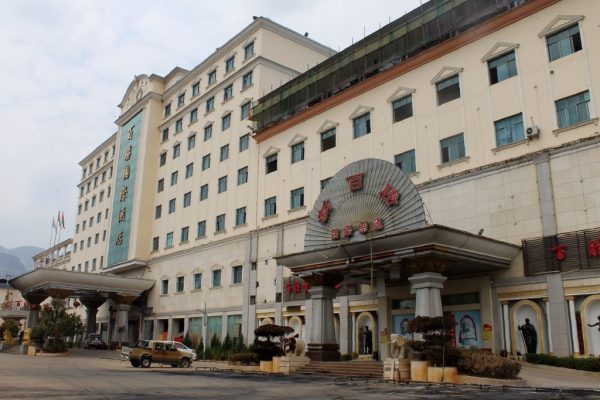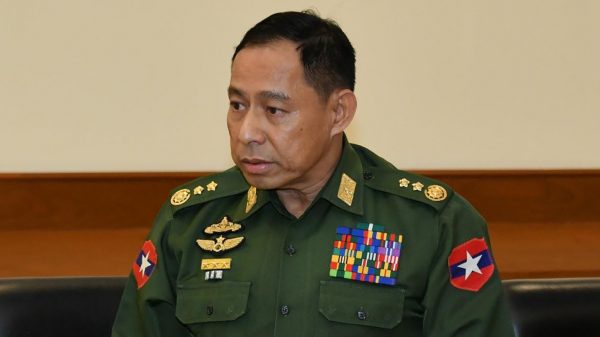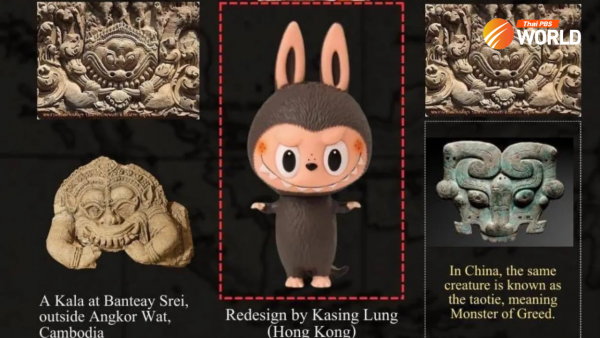Highlights of the Prayut government’s diplomatic achievements
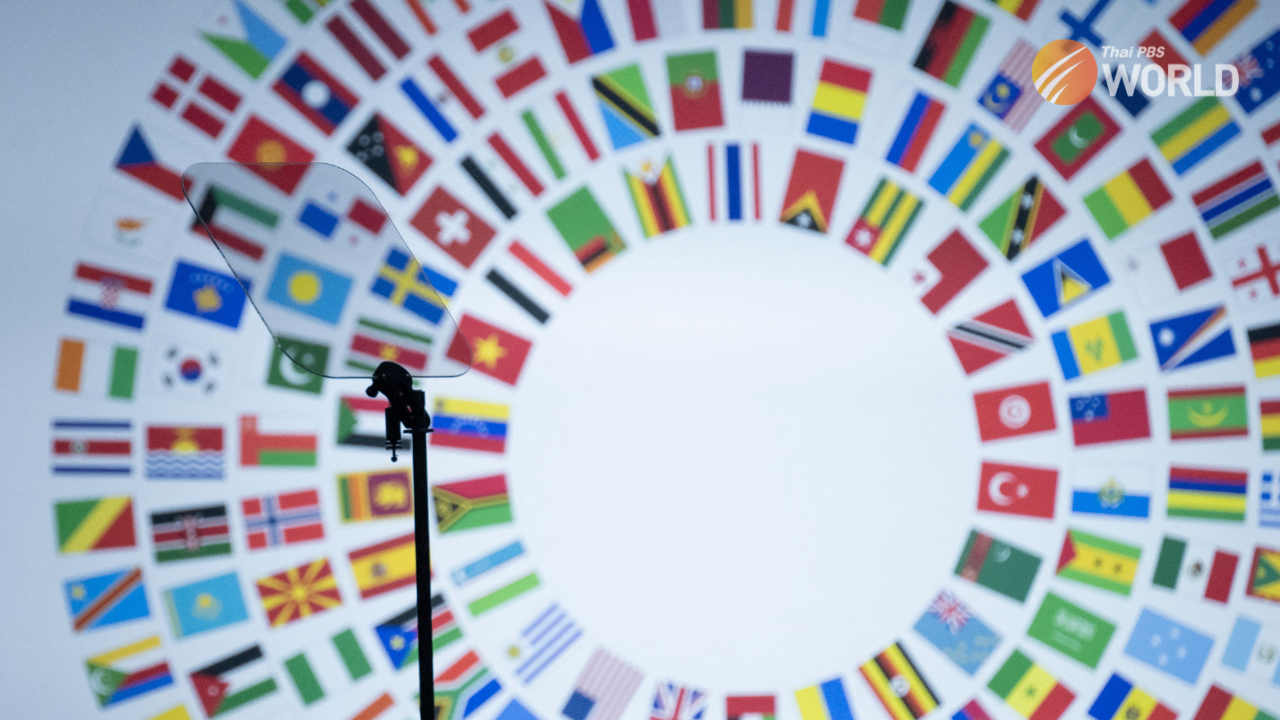
During the Prayut government’s 9-year administration, foreign policy played an indispensable role in pivoting Thailand on geopolitical landscape. After the coup in May 2014, the country was cursed and sanctioned by the West. With patience and persistence, Thai diplomacy has helped to restore the country’s international confidence and resilience.
All along, Thailand has been walking a tight rope, trying to balance itself between great powers’ in competition and the fast-changing strategic environment. Meanwhile, the government had to earn respect, stay engaged and display diplomatic acumen to gain domestic and internal support.
The Ministry of Foreign Affairs (MFA) has always been at the forefront, as the country’s gatekeeper, whether in good or bad times. During his tenure, deputy prime minister and foreign minister Don Pramudwinai directed the conduct of Thai foreign policy based on national interests and the desire to place Thailand in the global scheme of things.
Some of the diplomatic milestones under the Prayut government include:
Thailand has been able to generate trust and confidence of its role in the regional and global community and in engagement with the great powers. As a trusted partner, Thailand succeeded in fulfilling its international roles and responsibilities. The success as last year’s chair of the Asia Pacific Economic Cooperation Leaders Meeting (APEC) and other regional and international conferences were evidence of the country’s effective diplomacy.
The country’s new economic model, known as Bio-Circular-Green, or BCG, has been accepted and adopted as part of the APEC programs. Thailand has a good track record among the international community on the implementation of sustainable development strategies, both under the ASEAN vision and the UN Sustainable Development Goals.
During its chairmanship in 2016, Thailand had a crucial role in rejuvenating the Asia Cooperation Dialogue, or ACD, which has 35 Asian countries as members, to increase multi-faceted cooperation. The largest and only Asia-wide cooperative forum was initiated by Thailand in 2002. In addition, the Prayut government also assumed the chairmanship of several regional and sub-regional organisations, including ASEAN and the Ayeyawady-Chao Phraya-Mekong Economic Cooperation Strategy.
As the ASEAN chair in 2019, Thailand was able to conclude the ASEAN Outlook on the Indo-Pacific. This year Thailand is serving as the chair of the Bay of Bengal Initiative for Multi-Sectoral Technical and Economic Cooperation (BIMSTEC).
These activities reflect Thai diplomatic wisdom in managing ties and seeking cooperation with all countries, regardless of size and power.
The Prayut government was also able to raise the country’s profile and standard. In the past years, Thailand has been successful resolving several vexing cross-border issues, which have haunted previous Thai governments. A notable achievement was the upgrade of Thailand’s efforts in tackling human trafficking to Tier Two by the US last year.
Furthermore, Thailand’s seriousness in fighting illegal fishing won praise from the EU. Brussels delisted and lifted the “yellow card” from Thailand for the overall progress in tackling illegal, unreported and unregulated fishing.
Back in 2017, the U.N. International Civil Aviation Organisation removed a red flag against Thailand over aviation safety concerns, after the Prayut government was able to show that sufficient progress had been made over safety measures. With better overall standards and best practices, Thailand is hopeful that it will be able to join the Organisation for Economic Co-operation and Development (OECD) in the near future. Currently, Thailand is the first Southeast Asian nation to take part in OECD Country Programmes.
Thai diplomacy has strengthened the country’s economic security. As the ASEAN chair in 2019, Thailand played a crucial role in forging the conclusion of Regional Comprehensive Economic Partnership (RCEP), which was signed a year later in Hanoi. Last year, the Prayut government joined the US new economic initiative, known as Indo-Pacific Economic Framework for Prosperity (IPEF).
As a founding signatory, Thailand will be able to shape IPEF’s future trajectory. Despite the need to overcome domestic objections to membership of the Comprehensive and Progressive Agreement for Trans-Pacific Partnership, Thailand has maintained its intention to join this free trade group.
The Prayut government was friendly to all countries. Among neighbouring countries, Thailand has kept its frontiers peaceful and stable, which has encouraged border trade and people to people exchanges. For instance, overall border trade continues to increase, especially along the Thai-Myanmar border and the Thai-Lao border.
As a founding member of Asean, Thailand has deepened its engagement with ASEAN in resolving regional crises and strengthening ASEAN centrality. Bangkok encouraged the bloc to set up the COVID-19 ASEAN Response Fund, to serve as a pool of financial support for all members to fight pandemics.
Regarding the ongoing Myanmar quagmire, Thailand, along with its ASEAN colleagues, are working collectively, despite different approaches, to end the conflict there. As one of the most impacted neighboring countries with Myanmar, the government has to ensure that the 2,401-kilometer common border remains manageable during peaceful and conflicting times.
The most remarkable achievement, as far as a bilateral relations are concerned, must be the Thai-Saudi relations. After more than three-decade of frozen ties, last January relations were suddenly rehabilitated and are currently fully normalised.
Thailand also reached out to the members of BRIC, Quad and OSCE to ensure that the country maintains strategic equilibrium with all major global players, both in the region and beyond.
By Kavi Chongkittavorn

